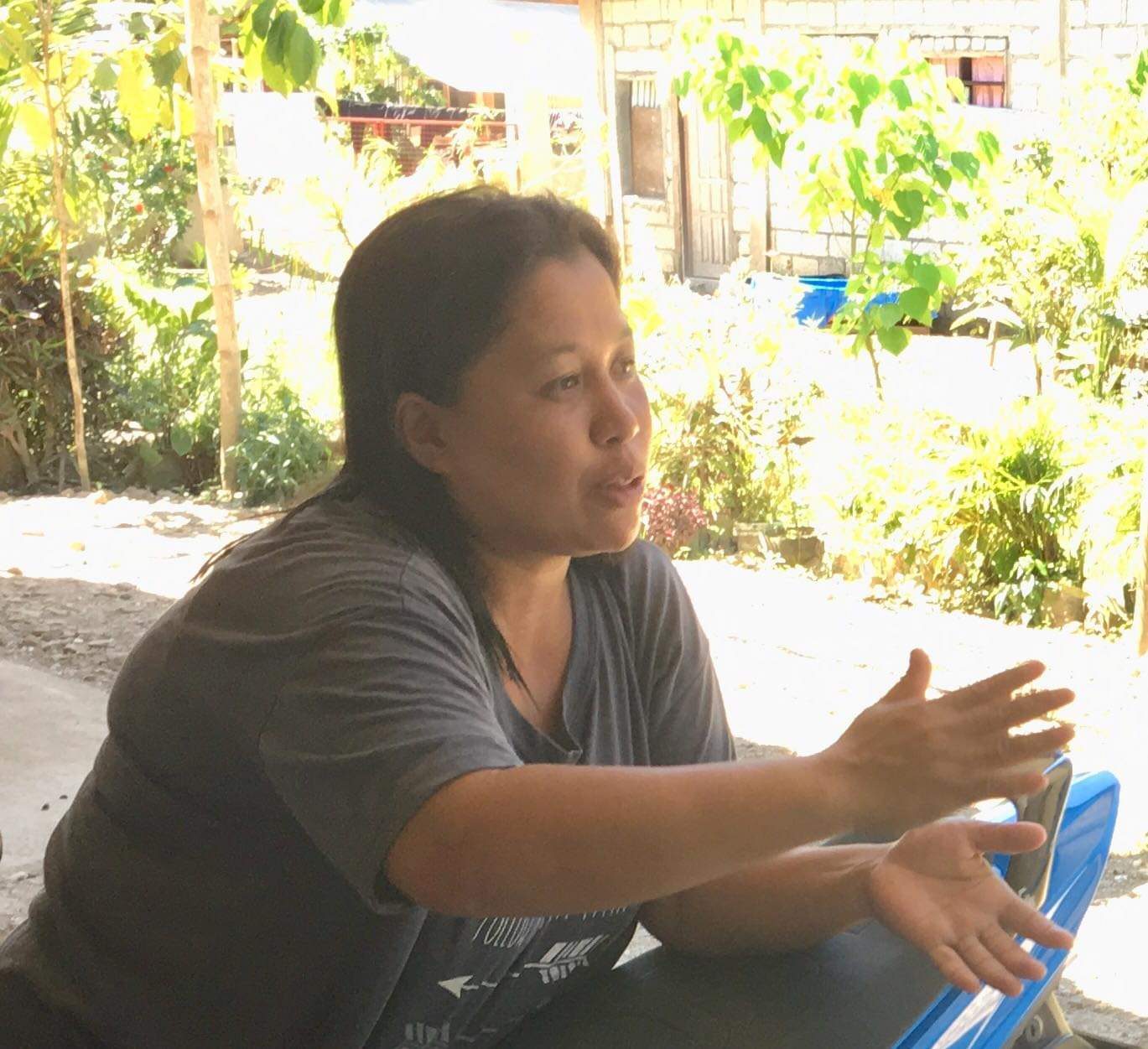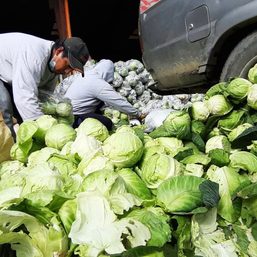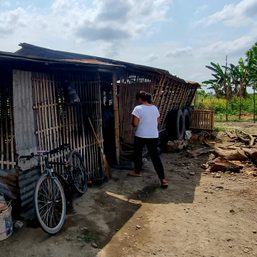SUMMARY
This is AI generated summarization, which may have errors. For context, always refer to the full article.

Just as the annual Mes de Siembrador y Pescadores (Month of Farmers and Fishermen) was about to end, vegetable farmers, including 38-year-old Janet Tarroza Cabato, lamented losses caused by recent flash floods that hit the city.
They had hoped to sell vegetables by the end of May but their hopes were crushed when heavy rain and flash floods spawned by an intertropical convergence zone (ITCZ) hit the city almost two weeks ago, on May 18 and May 19.
Zamboanga City agriculturist Carmencita Sanchez said the flash floods that hit the city’s eastern areas resulted in some P22.6 million in agricultural losses. According to her, 1,396 farmers were adversely affected in four districts worst-hit in the east coast: Vitali, Culianan, Manicahan, and Tumaga.
Also affected were 969 seaweed farmers and 34 fishpond operators in Manicahan and Culianan, who lost some P11.6 million, Sanchez said.
“Ya prepara gayot kami y no hay man tamen canamon dale aviso kay suscede quel. Sabe man kami kay cerca ya el tiempo de lluvio pero no hay lang ba gayot puede pensa que dere-derecho el aguacero. Ya alcanza pa dos metro el altor del avenida. No sabe yo cosa una pensa: casa o el maga siembra,” Cabato said.
(We really prepared, but no one warned that this would happen. We know the rainy season was coming, but we just didn’t expect this flash flood. The waters rose to two meters. I did not know which to think about first: the house or the crops.)
Cabato is the president of the Bolong Upland Farmers’ Association, also just one of the 76 farmers severely affected by the flooding.
Damaged rice fields
63-year-old rice farmer Cisco Rosete also recalled the agony he and his wife Malou suffered from the flood that damaged their fields.
“We only have 2.5 hectares, and before the pandemic, we were blessed with about eight sacks of palay. We shared it with one worker who assisted us. Despite the hardships caused by the pandemic, we had hoped to see harvest time. May 18 was the day we hoped to be the day of harvest,” said Cisco, a member of the San Isidro Farmers’ Association.
Another, Maria Luz Rosete, 53, said, “Ya queda bien tormento gayot el vendida de arroz, y mas ya queda bajo el precio del palay.” (It has really become agonizing to sell rice, and the price of palay has become cheaper.)
The Rosete couple said they hope to receive government assistance, but as of writing, the city agriculture office was still preparing the hybrid rice seeds to be given away.
“Hopefully, what will be given us are not only rice seeds, but also the fertilizer. We also need hand tractors to transport because it gets slow and time-consuming when you rely on the carabao,” Rosete said.
“Prices of the hand tractor, plants, pesticide, fertilizer have really increased,” Cabato said. “Rice prices are changing. One moment, there’s rain; the next, it’s sunny. And then it rains again. So we pay more to dry the palay. Then when we sell each sack of palay for about P700 to P800,” she added.
Gov’t help needed
Joseph Ledesma, president of the Federation of Zamboanga Upland Farmers’ Association, said government should act quickly to help the city’s farmers in the uplands or lowlands.
Ledesma said the city government should also address the farmers’ needs to repair damaged farm-to-market roads. There are roads in Zamboanga being used by farmers that have not been repaired since 2013, he said.
“It is agonizing to bring down the vegetables. The rough roads are difficult,” he complained.
Ledesma said the farmers need livelihood programs that would allow them to access monetary aid and get equipment.
Last week, May 28, city hall started to distribute hybrid seeds to affected rice, corn, and vegetable farmers. – Rappler.com
Add a comment
How does this make you feel?



![[ANALYSIS] Investigating government’s engagement with the private sector in infrastructure](https://www.rappler.com/tachyon/2024/04/tl-gov-private-sectors-infra-04112024-1.jpg?resize=257%2C257&crop=435px%2C0px%2C1080px%2C1080px)

There are no comments yet. Add your comment to start the conversation.